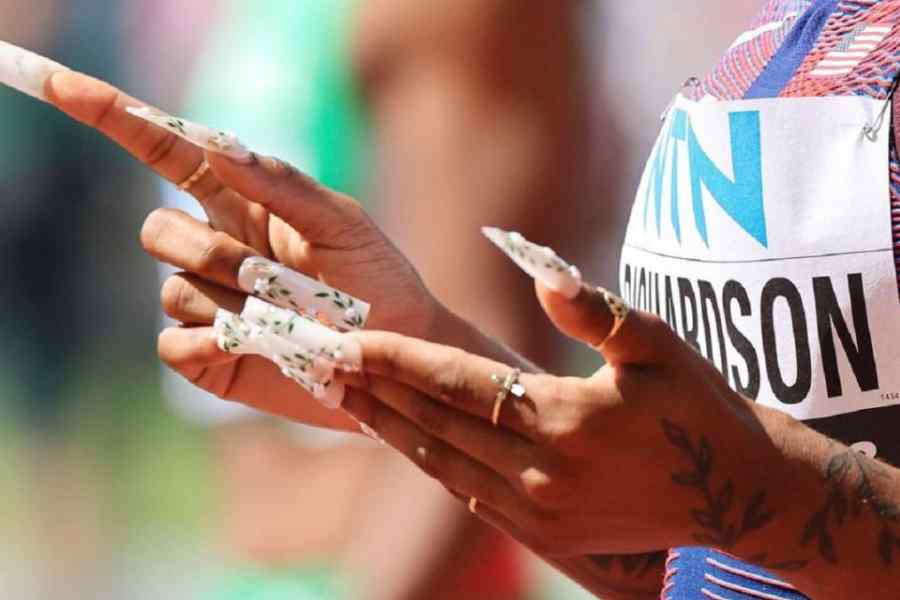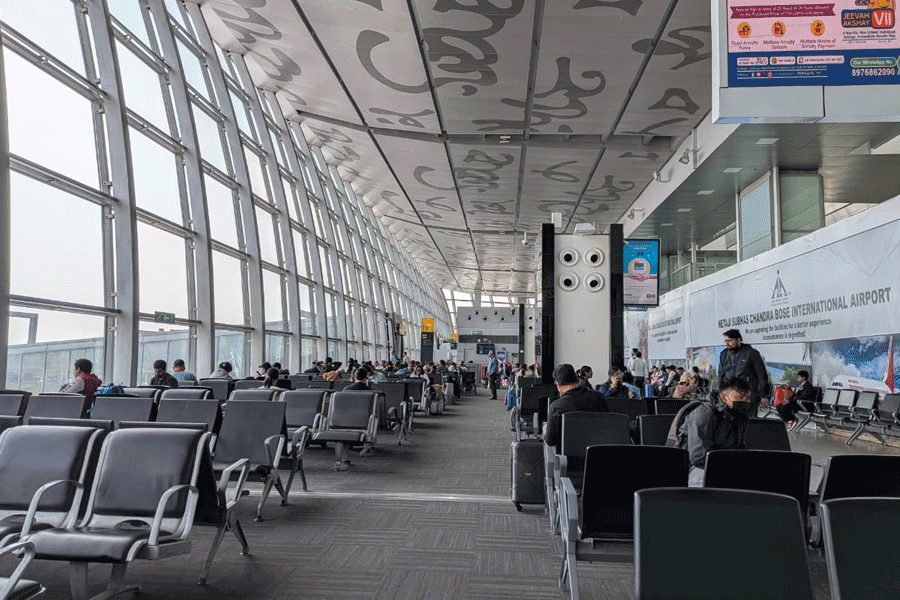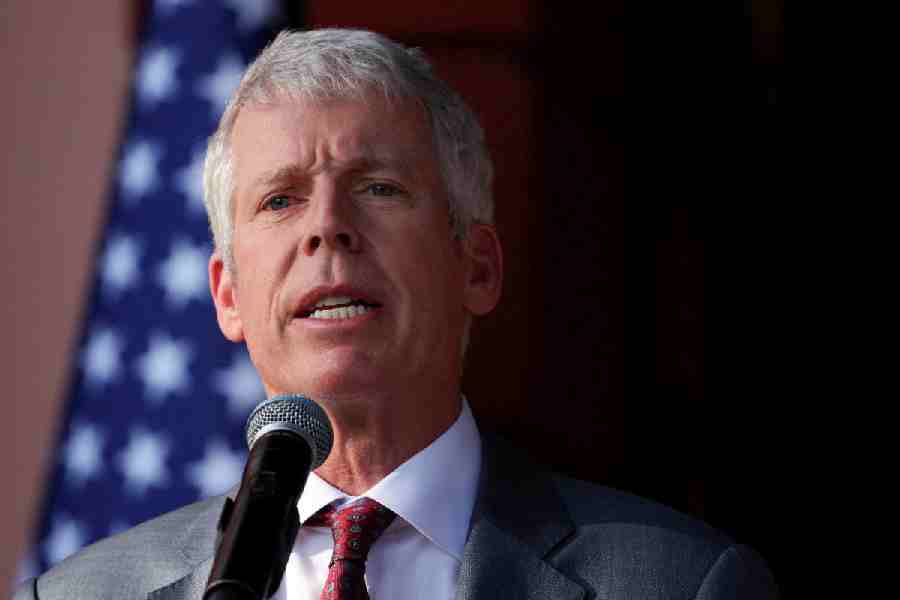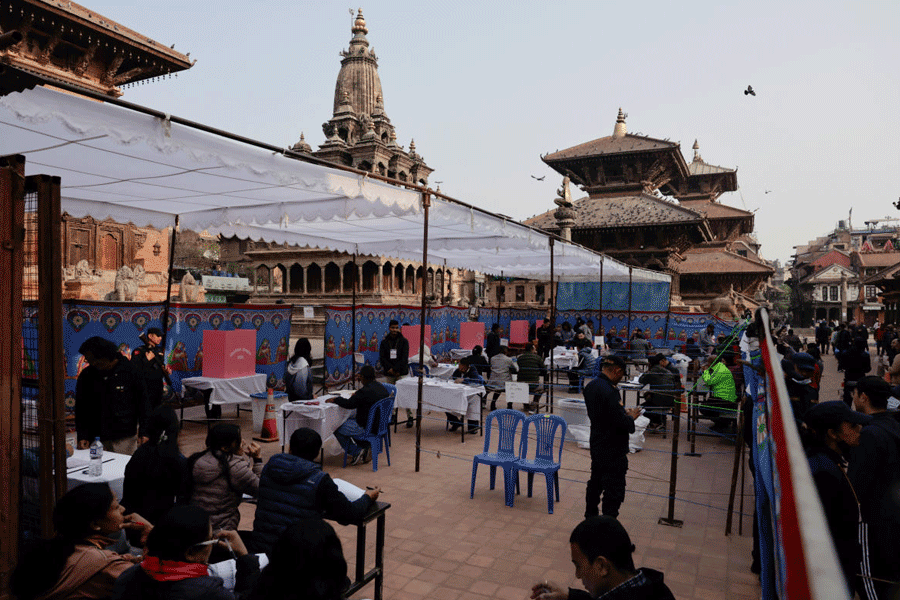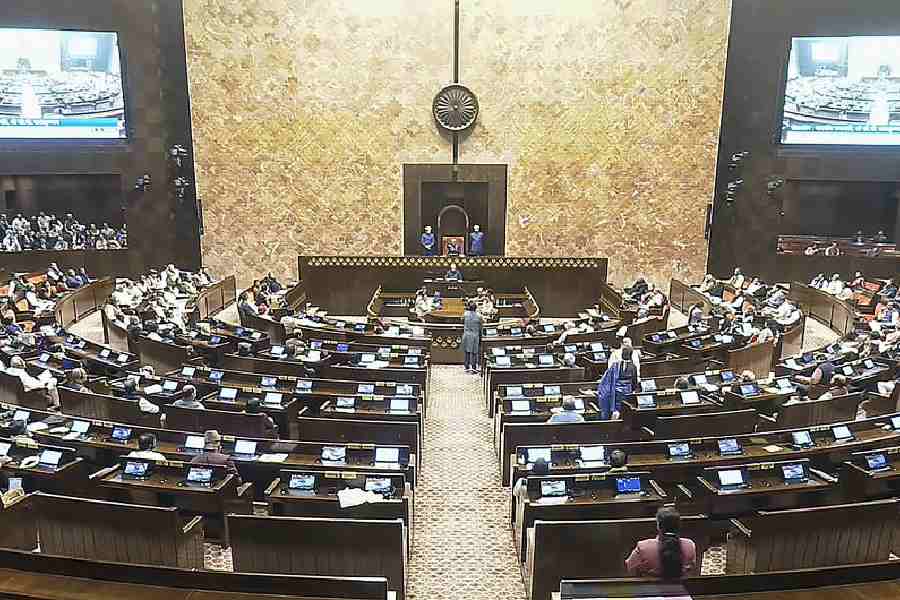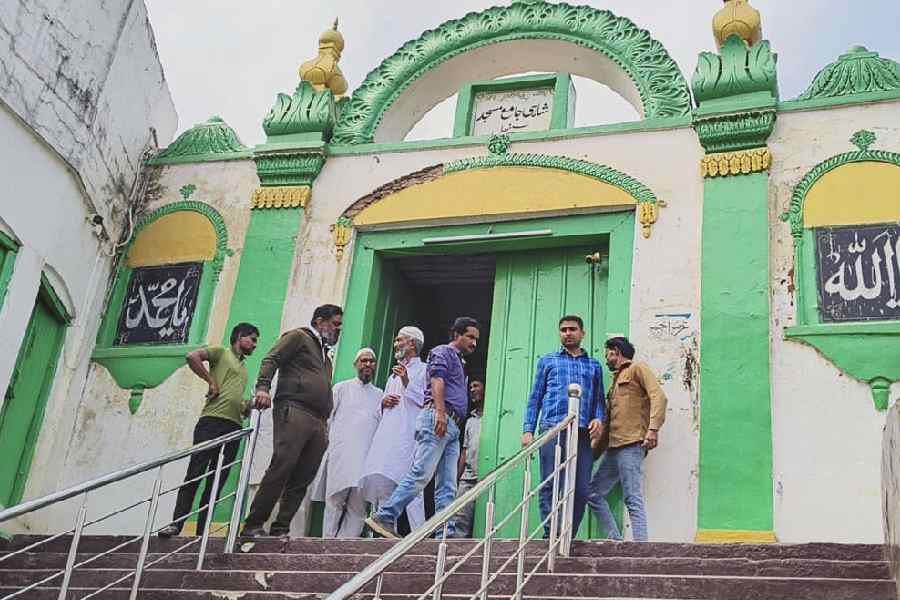Nailed it
Sir — Women’s appearances often tend to take the focus away from their achievements. For instance, in the 1988 Olympics, the American athlete, Florence Griffith-Joyner, broke a world record but what garnered more attention were her long, manicured nails. Sportswomen are expected to keep their nails trimmed for optimal performance and Griffith-Joyner was racially profiled for her long nails. The women athletes at the Paris Olympics have hearteningly broken this taboo by sporting bejewelled, acrylic nails as a means of self-expression. Women decking up in a certain way that makes them feel confident should be normalised. After all, no one bats an eyelid when a man wears an expensive suit to a board meeting.
Dikshya Dhar, Calcutta
Clean slate
Sir — The editorial, “Fresh start” (Aug 12), was accurate in underlining the political challenges of the newly-sworn-in interim government in Bangladesh led by Muhammad Yunus. The editorial pointed out that members of the cabinet in this interim government are called ‘advisers’ instead of ‘ministers’ since they have not been democratically elected. Notwithstanding such monikers, the Yunus-led dispensation has its task cut out. First, it must ensure social harmony in the country, which is increasingly being torn apart by communal violence. It would be a great disservice to the protest movement that led to Sheikh Hasina Wazed’s ouster if the regime that replaced her fails to secure the rights of minorities. Second, Wazed maintained warm ties with India. The new government must follow in her footsteps and take New Delhi into confidence to maintain stability in South Asia.
Parthasarathy Sen, New Delhi
Sir — Bangladesh is slowly returning to normalcy after tumultuous weeks of unrest. The caretaker government must not only put the country back on track but also protect the Hindu minorities. The political parties that are part of the present government are not favourably disposed towards New Delhi. One hopes Bangladesh will foster friendly ties with India.
K. Nehru Patnaik, Visakhapatnam
Sir — The Nobel laureate, Muhammad Yunus, being sworn in as the chief adviser of the interim government of Bangladesh came as a relief for the people of that country. The Yunus-led administration will have to fulfil several promises, ranging from restoring democracy to rejuvenating the economy.
Jayanta Datta, Hooghly
Sir — In the editorial, “Future of the past” (Aug 10), it has been argued that the future of a secular, liberal and democratic Bangladesh is in peril. The former prime minister, Sheikh Hasina Wazed, was forced to step down in the wake of violent protests that led to the death of hundreds. However, the injustice being perpetrated on the Hindu minorities at present reveals the threat posed by Islamic extremists in the country. But global human rights watchers and peacekeepers seem to have turned a blind eye to their sufferings.
Yugal Kishore Sharma, Faridabad
Sir — Both India and Bangladesh need to uphold their core constitutional values of inclusiveness and secularism. Unfortunately, ruling dispensations in both countries have tacitly or openly supported majoritarianism. The respective governments should abide by the foundational principles that helped the countries gain independence from tyrannical powers.
Fateh Najamuddin, Lucknow
Strategic gesture
Sir — The recent visit by the prime minister, Narendra Modi, to landslide-ravaged Wayanad to comfort the victims and take stock of the situation is laudable (“11 days on, PM visits Wayanad & pledges aid”, Aug 11). Modi undertook an aerial survey of the affected areas and assured survivors of all possible help with their rehabilitation. This struck a hopeful note for those who were in need of succour. Now the prime minister must honour his pledges. He should see to it that the people of Wayanad are not treated with indifference. The Centre must release adequate funds without delay and work with the state government to help the victims rebuild their lives.
G. David Milton, Maruthancode, Tamil Nadu
Sir — Narendra Modi’s Wayanad visit raises some key questions. Was the prime minister’s decision to visit the landslide victims prompted by Rahul Gandhi’s interaction with them a few days earlier? Or was it an impact of the Bharatiya Janata Party’s reduced stature in the Lok Sabha after the general elections? After this, Modi must also heed Rahul Gandhi’s advice and pay a visit Manipur, where people have been grappling with deadly ethnic clashes for over a year.
P.K. Sharma, Barnala, Punjab
Long overdue
Sir — The government led by Mohan Charan Majhi in Odisha must be lauded for considering a proposal to give pensions to the family members of freedom fighters from the state under the Kutumba Yojana scheme. The contributions of freedom fighters must never be forgotten. Honouring their descendants with facilities and funds is only right. Such an initiative has been long overdue.
Shyamal Thakur, East Burdwan
Pill therapy
Sir — It is encouraging that the national tuberculosis control programme will provide a new all-oral-three-drug treatment regimen for multi-drug resistant tuberculosis (“Shorter, oral TB treatment gets nod”, Aug 10). The new regimen is shorter and more effective than existing ones. However, this comes 22 months after the World Health Organization had recommended the new regimen. India has a high TB burden and should have been more prompt about preventive measures.
Kiran Agarwal, Calcutta

